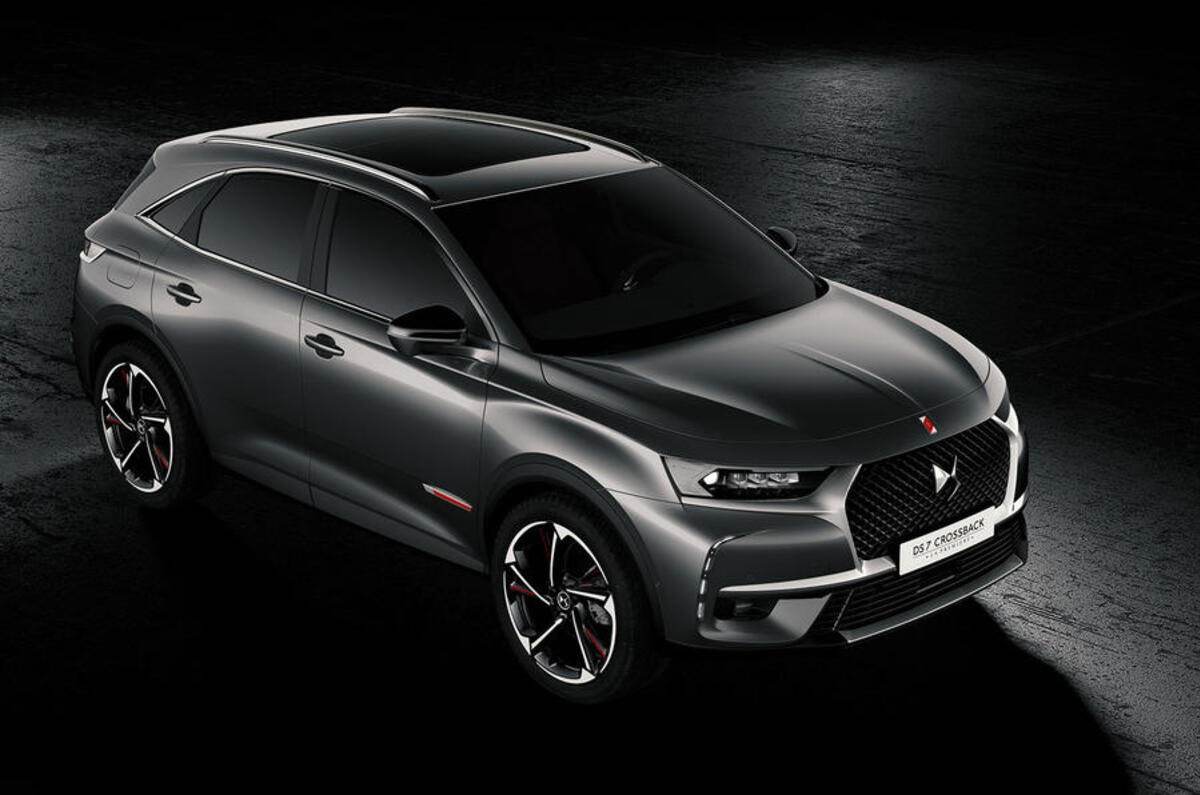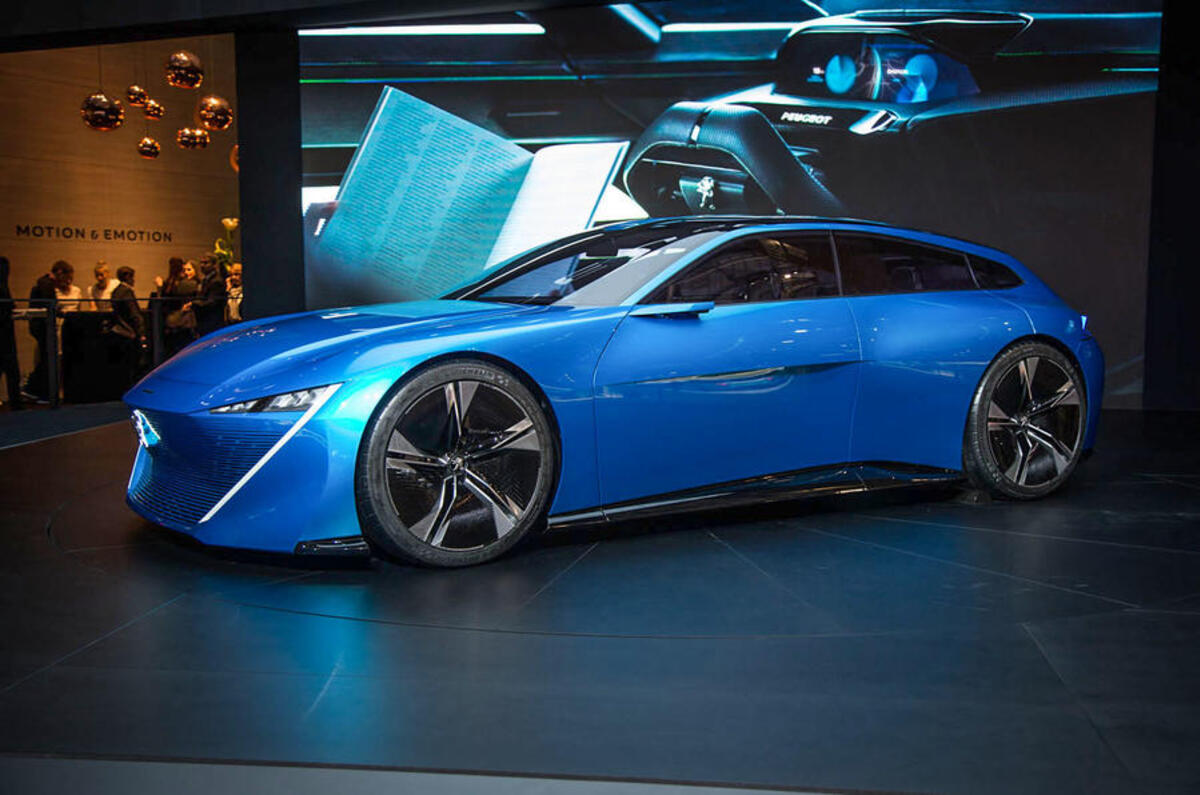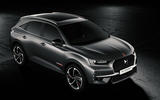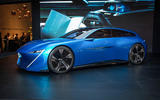The PSA Group is partnering with artificial intelligence tech firm AImotive to produce its first fully autonomous car - which is scheduled to land in 2025 with Level 4 autonomy.
PSA confirmed that this ‘mind off’ autonomous model, which will be able to take control of all functions on motorways, will arrive after semi-autonomous systems are offered on the DS 7 Crossback next year.
A deal with AImotive has already led to public road tests on motorways with a modified Citroën C4 Picasso. The car was used to develop AI-based algorithms, which will now be used in further test cars to enable autonomous driving at speeds of up to 81mph.
The first PSA car with a less advanced ‘hands-off’ Level 2 autonomous system will be the DS 7 Crossback SUV, which is due for launch early in 2018. The Citroën C5 Aircross will follow suit in the second half of 2018 after launching in China at the end of this year.
Equipped with a Level 2 system called Connected Pilot, the 7 Crossback will be capable of maintaining lane and positioning itself to the left or right of the lane to allow cycles or motorcycles to pass. It will also be equipped with self-parking without any intervention by the driver, initiated by pressing a button on the centre console. This is in addition to a suite of the usual advanced driver assistance systems.
PSA will phase in Level 3 ‘eyes-off’ autonomous cars from 2020, with two systems called Traffic Jam Chauffeur and Highway Chauffeur. PSA has a fleet of 12 prototypes, most of which are Level 3 Citroën C4 Picassos and Peugeot 3008 GTs with automatic transmissions.
PSA is the first company licensed to drive autonomous cars on French roads, provided they have special registration plates to identify them. The group plans to phase in fully autonomous Level 4 ‘mind-off’ cars from 2025, with Level 5, completely driverless vehicles beyond 2030.
The Peugeot 3008 GT Autocar sampled from the passenger seat was equipped with five cameras, five lidar sensors, four short-range radar sensors and three long-range radar sensors, giving 360deg coverage around the car. The 3008 was able to cope with busy motorway traffic, overtaking and moving back into lane, remaining behind other vehicles and braking to maintain distances even when traffic came to a halt.
In production, cars will only allow hands-free autonomous driving on designated sections of roads free of pedestrians and cyclists, which it identifies through its embedded mapping system. The car hands back control to the driver at the end of the motorway, warning them with audio and visual prompts and braking if they don’t respond within 10 seconds.
PSA's autonomous car programme is being launched under the banner of Autonomous Vehicles For All. The company plans to eventually roll out autonomous features on all cars across its three brands starting with the premium models that are based on the larger EMP2 platform, such as the 7 Crossback. Eventually, the technology will filter down to smaller cars on the new CMP platform due next year. Trials began in March 2017 with non-expert drivers, to gauge the reaction of customers to the technology.
DS’s timing is on par with rivals such as Audi, whose A8 flagship saloon, due to be revealed next month, will feature hands-off driving capability. Audi is also working with tech company Nvidia to bring a fully autonomous car to market in 2020.
PSA says the the legal framework in Europe still needs to evolve to support fully autonomous cars. Today, the Vienna Convention supports Level 1 and 2 cars, but Levels 3, 4 and 5 will require changes to the law to be allowed on the road.
Legal and insurance liability is also under scrutiny. Under the current framework, drivers are responsible in the event of an accident, even if the car is in a hands-off or eyes-off autonomous mode at the time.
Striking Peugeot Instinct shooting brake concept revealed
Queen’s speech: Government establishes autonomous and electric vehicle bill







Join the debate
Add your comment
computers
if you're letting the car drive itself, but watching for it getting something wrong anyway, why not just drive it yourself, and have a lighter and more efficient car?
i'm not saying all cars should drive like caterhams and everyone should love driving (i've never said that), but it often strikes me that cars as they are now are something we aren't building well enough and that they should sort that out first.
2016 mondeo/galaxy/s-max/edge, "headlamps may switch off without warning";
Vehicles fitted with Adaptive LED Headlamps could experience a condition where the loss of a control signal in combination with a software error may cause the headlamps to switch off. There is a risk of collision if defect happens at night.
software error. this is just for headlights.
Not for the driving enthusiast, not the point.
My Clubman has automatic braking. I'm a highly competent driver who does atleast 25,000 miles a year and never had a crash, but it's good to have something fitted to the car that will stop me having a crash when some idiot pulls out in front of me, into a gap that isnt there, the split second I look away at the Satnav screen.
Autocar writes continuously
It is as if they are saying that all their lives, they have loved cars, but have loathed actually driving. Bizarre.
I seriously don't understand why they refuse to express passion or opinion on this.